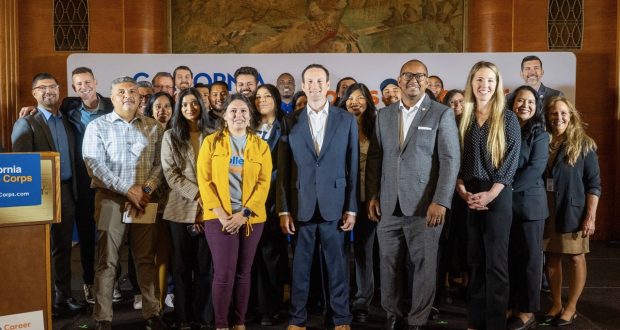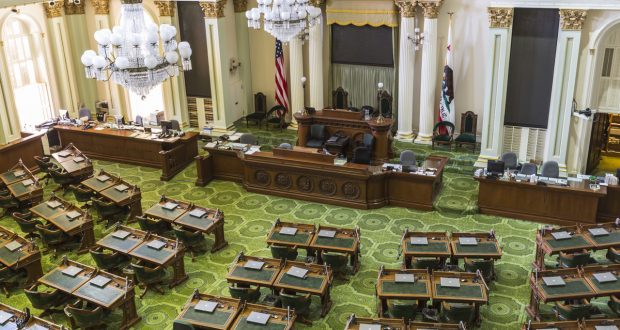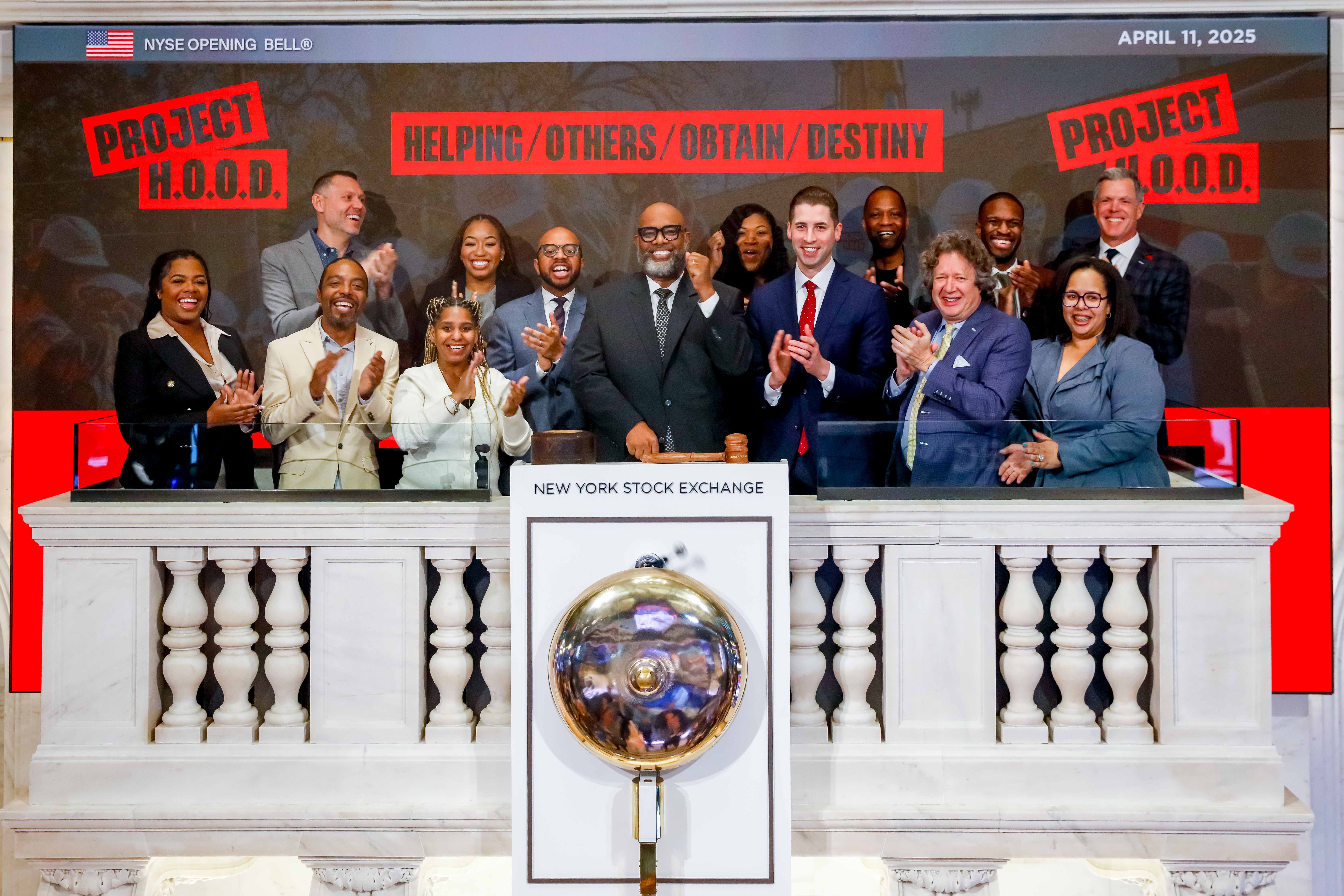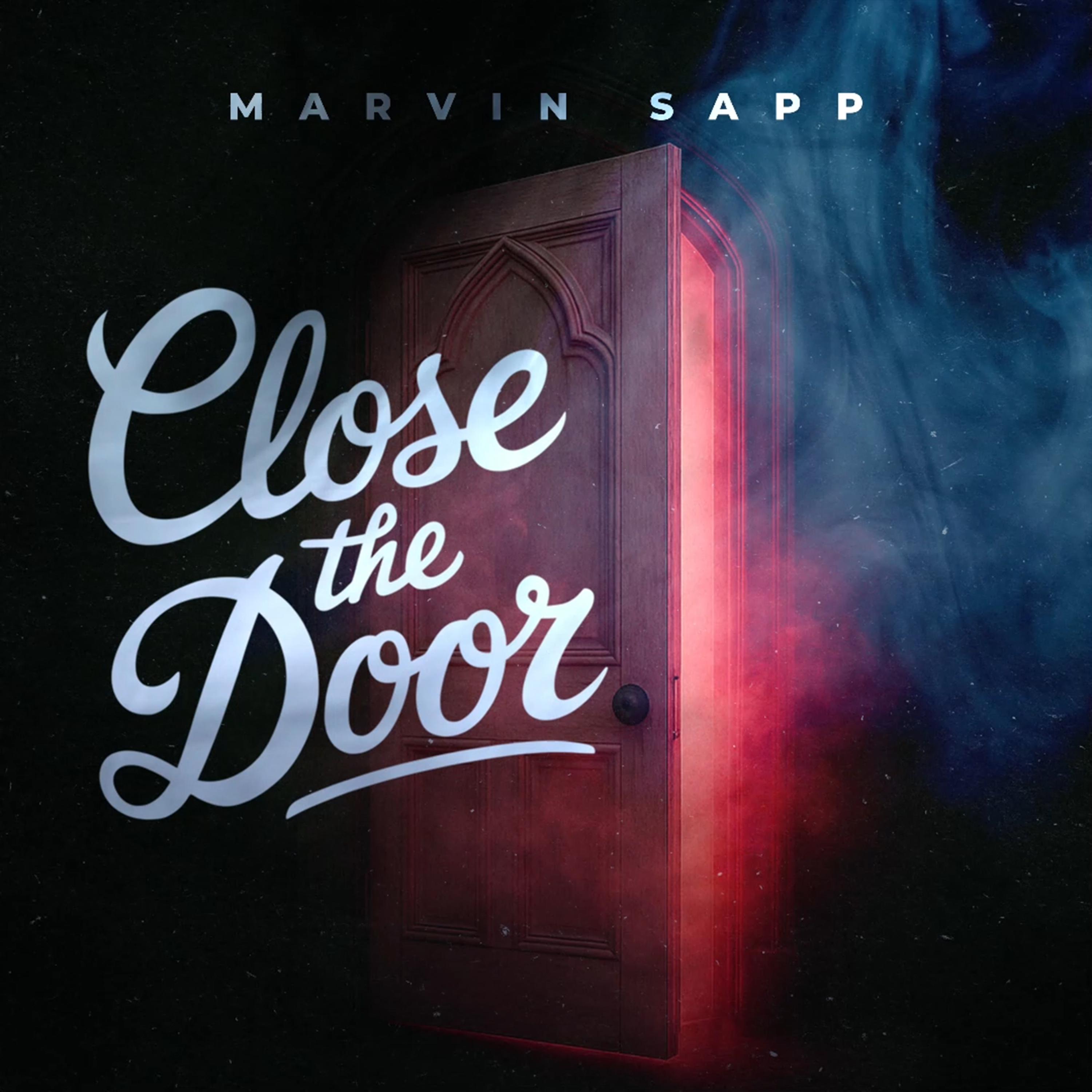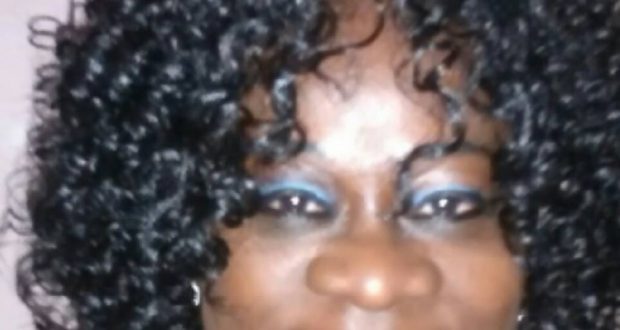NATIONWIDE—- The ASCAP Foundation introduces The ASCAP Foundation HBCU Scholarship to provide financial assistance for students who are enrolled at Historically Black Colleges and Universities and have an interest in pursuing careers in music. Two recipients will be selected for the scholarship, and each will receive $2,500.
The scholarship was announced on Monday, October 10 at a special ASCAP Homecoming SZN: Meet the Graduates event at Clark Atlanta University, hosted by ASCAP’s Rhythm & Soul Membership team. Students enrolled at various HBCUs attended a panel discussion with music executives, who have graduated from HBCUs, including songwriter and producer Khari “Needlz” Cain; Fox Rothschild Associate John Rose; Atlantic Records Director of A&R Sammye Scott; and Quality Control Music Operations Manager / Investment Portfolio Manager Dazayah E. Walker. During the event, the HBCU alums detailed their journey to success from student to professional and shared their favorite HBCU memories and advice for students to take with them as they pursue their entertainment careers.
ASCAP’s Homecoming SZN series celebrates the impact HBCU alumni have made in the entertainment industry – specifically in music. Next year, scholarship recipients will be invited to attend an event hosted by ASCAP Rhythm & Soul with students from ASCAP Aspire, ASCAP’s paid internship program for HBCU students
“The ASCAP Foundation HBCU Scholarship is a natural extension of our efforts to help foster and encourage diversity throughout the music industry,” said The ASCAP Foundation Executive Director, Nicole George-Middleton. “We hope this will be the beginning of an amazing musical future for the selected students.”
The ASCAP Foundation HBCU Scholarship is accepting applications until 11:59 p.m. Pacific Time on November 10. Entrants must write a 250-500 word essay describing their music career goals and how an ASCAP Foundation scholarship can help support those goals. Applicants will be judged by a panel of industry professionals on a specific set of criteria which will include the relevance of the essay response to the topic provided, a unique and creative writing style, and organization and clarity of goal. The rules and application process can be found at www.ascapfoundation.org/HBCU.
For further information, please email foundation@ascap.com.

(L-R) ASCAP Director, Rhythm & Soul Membership Jason Reddick, Khari “Needlz” Cain,
Dazayah E. Walker, Sammye Scott, John Rose and ASCAP Manager, Rhythm & Soul Membership
Jennifer Wilson Walker at ASCAP’s “Homecoming SZN: Meet The Graduates” event
at Clark Atlanta University on October 10, 2022. (Photo Credit: Paras Griffin for ASCAP)

Sammye Scott answers a question from an HBCU student during ASCAP’s “Homecoming SZN: Meet The Graduates” panel at Clark Atlanta University on October 10, 2022. (Photo Credit: Paras Griffin for ASCAP)

(L-R) Khari “Needlz” Cain, Sammye Scott, John Rose, Esq., Dazayah E. Walker and ASCAP Manager, Rhythm & Soul Membership Jennifer Wilson Walker take a photo together on-stage following ASCAP’s “Homecoming SZN: Meet The Graduates” panel at Clark Atlanta University on October 10, 2022.
(Photo Credit: Paras Griffin for ASCAP)
 Westside Story Newspaper – Online The News of The Empire – Sharing the Quest for Excellence
Westside Story Newspaper – Online The News of The Empire – Sharing the Quest for Excellence

